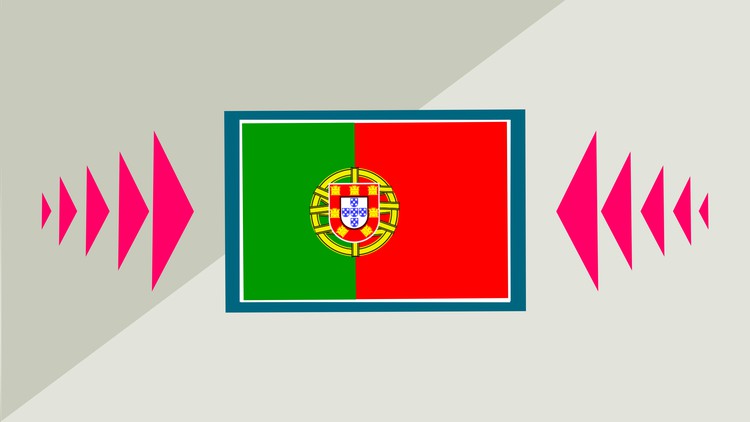
Learn how to use the “going” future, past and present tenses in Portuguese
What you will learn
You will learn how to form basic sentences using Portuguese infinitives and some basic modal verbs
You will learn about the impersonal phrase “pode-se”
You will learn how to form the “going” future tense
You will learn how to form the past tense with regular verbs
You will learn how to form the present tense with regular er, ir and ar verbs
Description
Hello and welcome to this Quick Guide course on Portuguese verbs.
This guide is perfect for students who need help learning about Portuguese verbs.
In any language, verbs are the backbone to sentences. Without verbs there would be no sentences. The good thing about verbs is that you can manipulate them and use them to express anything you like. Look at these sentences, for example:
I learn Portuguese
I’m learning Portuguese
I’m going to learn Portuguese
I have learnt Portuguese
I want to learn Portuguese
All these sentences contain pretty much the same words, “I”, “learn” and “Portuguese”, but they mean different things because we’ve manipulated the verb “learn” into different tenses.
In this course, you’ll get an introduction to using and recognising Portuguese verbs in the following areas:
- infinitives
- the impersonal verb “pode-se”
- the “going” future
- the present perfect tense
- the present tense
Both European Portuguese and Brazilian Portuguese are covered in this course – if there are any differences in vocabulary or pronunciation, I explain these in full.
“Portuguese Grammar – Quick Guide – Verbs 1” is particularly useful for complete beginners in Portuguese grammar as everything is explained assuming no prior knowledge. The vocabulary used is limited so as to avoid over-complication. Each tense is explained, showing how to form the tense, how to negate it, and how to translate it to and from English.
Each tense starts with a simple explanation followed by lots of practise sentences to build confidence and proficiency.
I hope you enjoy 🙂
Obrigado
Kieran
Content